Stocked Up On WaveRunner Oil
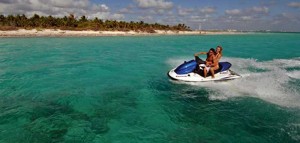 I feel that the WaveRunner gets neglected when it comes to watercraft. You see people with all different types of boats or on jet skis and things like that, but I rarely ever see a WaveRunner where I live. Which is too bad, because riding around on a WaveRunner is so much fun! It’s probably my favorite thing to do on the water.
I feel that the WaveRunner gets neglected when it comes to watercraft. You see people with all different types of boats or on jet skis and things like that, but I rarely ever see a WaveRunner where I live. Which is too bad, because riding around on a WaveRunner is so much fun! It’s probably my favorite thing to do on the water.
I for one, use my WaveRunner far more often than I use my boat. I enjoy going out on my WaveRunner as often as possible. For that reason, I always make sure to stock up on WaveRunner oil, also known as Yamalube 2W, so that I can make sure to keep it maintained properly and keep my personal watercraft in excellent shape.


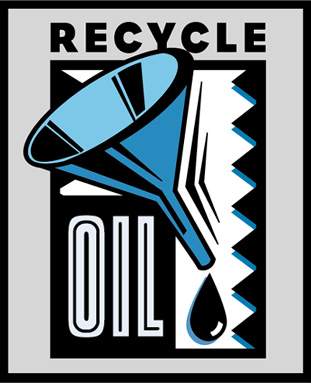
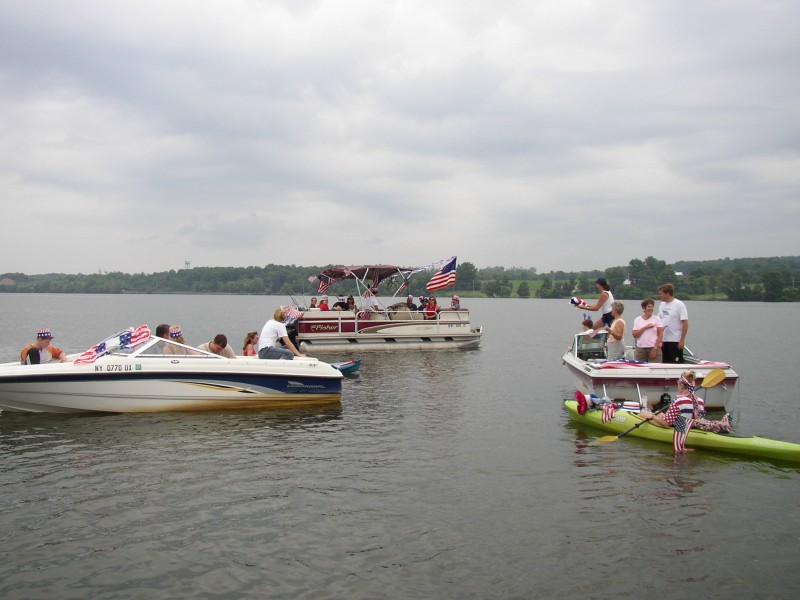

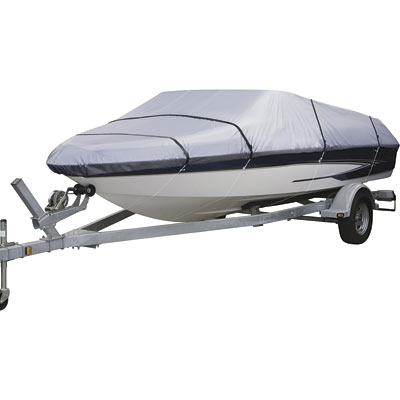 Not everyone can afford to rent space at their local marina and so some people find it more prudent to store their boats at home and simply use their car to move their boats from their house to the water. Here are some tips on how to trailer a boat with ease:
Not everyone can afford to rent space at their local marina and so some people find it more prudent to store their boats at home and simply use their car to move their boats from their house to the water. Here are some tips on how to trailer a boat with ease: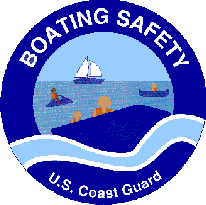 The summer vacation season began two weeks ago and the official start date for summer is another week away. The prime time for boating is now and if you’ve already cleaned your boat and changed your
The summer vacation season began two weeks ago and the official start date for summer is another week away. The prime time for boating is now and if you’ve already cleaned your boat and changed your 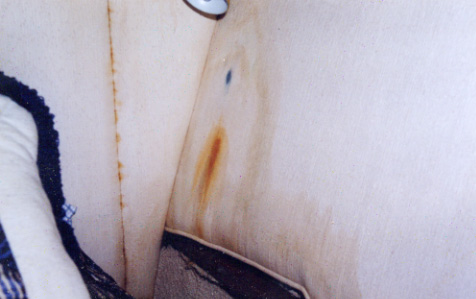 One of the most overlooked problems that boat owners have is leakage. Whether your vessel is leaking
One of the most overlooked problems that boat owners have is leakage. Whether your vessel is leaking 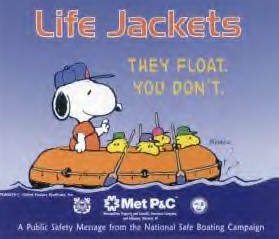 As mentioned in an earlier post, the summer boating season is ready to start and you’ll no doubt have filled your boat with
As mentioned in an earlier post, the summer boating season is ready to start and you’ll no doubt have filled your boat with  In addition to cleaning your boat and changing out your
In addition to cleaning your boat and changing out your  A message from the US Coast Guard and Discount
A message from the US Coast Guard and Discount